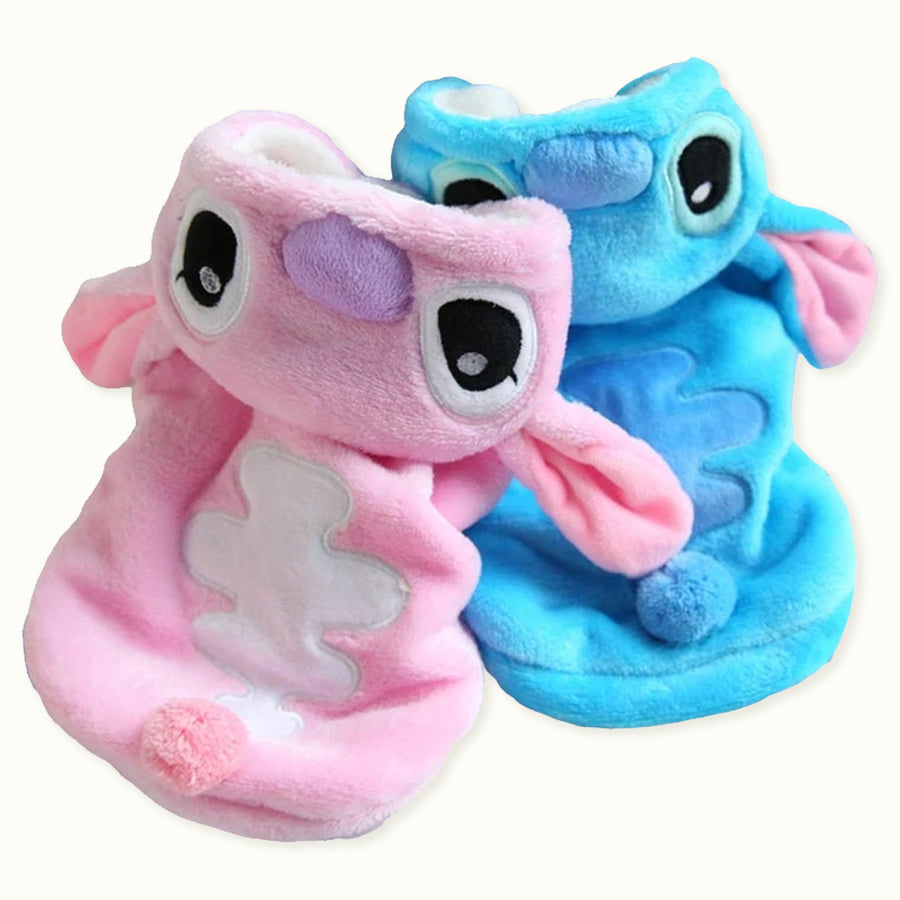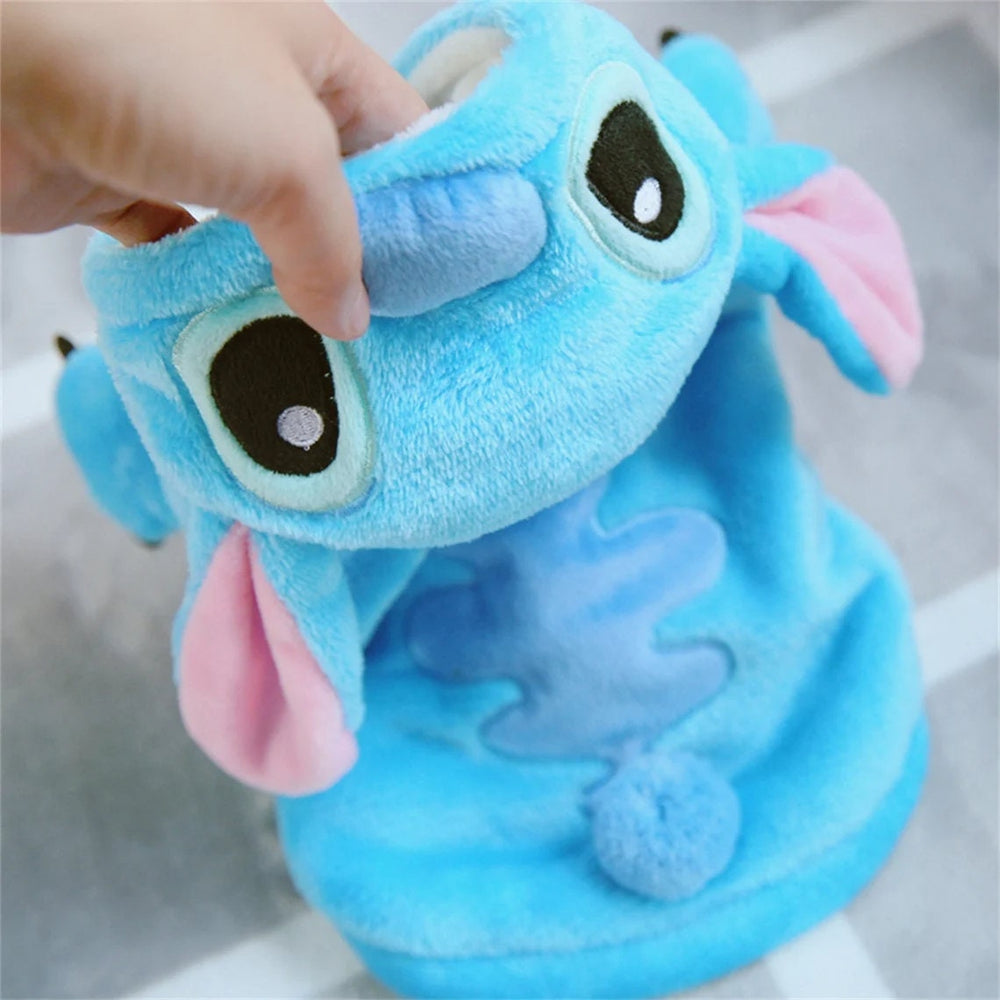The Allure of Sphynx Cats:
Explore the amazing world of Sphynx cats, where sophistication and curiosity combine to create a mesmerizing blend of charm and beauty. These captivating cats, whose hairless bodies and remarkable characteristics defy convention, originated from a genetic aberration in Canada during the 1960s. Cat lovers from all over the world are drawn to Sphynx cats because of their captivating appearance, which includes silky skin and expressive eyes that appear to be hiding secrets. Come along as we explore the intriguing history, unique characteristics, and close relationship that Sphynx cats have with their human friends as we dig into the mysterious world of these cats.
Physical Characteristics
Sphynx cats are distinguished by their high cheekbones, wrinkled skin, and absence of fur. Their physiques are robust and muscular, with a noticeable belly. They have a wide range of colors and patterns, from solid to tortoiseshell and tabby, despite being hairless.

Sphynx cats are known for their wide, expressive eyes and huge ears, which give them an alert and curious demeanor. These features are among their most distinguishing characteristics. Since they don't have fur, they need extra precautions to shield their skin from the heat and harsh temperatures.
Personality Traits
Cats of the Sphynx breed are renowned for being gregarious and loving. They enjoy being the center of attention and thrive on human contact. These gregarious animals love to engage in conversation with their owners and are frequently spotted nestled in their laps or perched on their shoulders.
Sphynx cats are clever and adaptive despite their naughty and playful nature. They enjoy playing with puzzle toys that test their problem-solving abilities and can readily pick up techniques. They are excellent companions for active persons or families because of their high activity levels.
Sphynx Cat Care
A careful balancing act between attention and knowledge of the unique needs of a Sphynx cat is necessary while providing for its needs. Because they are hairless, they need to take regular baths to get rid of oil buildup and moisturize with lotions to maintain their skin supple and silky. It is essential to protect against severe temperatures and sunburn, which calls for indoor spaces or covered regions outside. A balanced diet and routine veterinary examinations further guarantee their wellbeing, promoting a long and happy life for these extraordinary cats.
Bathing
Because Sphynx cats don't have fur, bathing them is an essential part of their maintenance regimen since their skin needs extra care. By using a mild, fragrance-free cat shampoo, you can prevent skin problems by gently removing accumulated oils and grime. The frequency of bathing varies among cats; some may require weekly baths, while others may only need to be bathed occasionally. It's important to completely dry them after the bath to avoid them getting cold. Bathing a Sphynx cat can be a bonding experience that strengthens the relationship between the owner and cat while also keeping their skin smooth and glowing with patience and care.
Conclusion
With their unrivaled beauty and charm, sphynx cats are a genuinely exceptional and captivating breed. These remarkable cats win over everyone who comes into contact with them with their captivating looks and warm, caring nature. Sphynx cats are bound to make a lasting impression on your heart and spirit, whether it's because of their unusual appearance or their lively personality.
FAQs
No, Sphynx cats do not have any hair at all. Their bodies are covered in a thin layer of downy fluff that gives them a feel similar to suede.
Sphynx cats don't require the same level of traditional grooming as other breeds, but they do need to be bathed on a regular basis to maintain healthy skin and remove oil accumulation.
Sphynx cats do not shed fur, hence they are not hypoallergenic. They continue to create allergenic proteins, which can cause allergies in those who are susceptible and are present in their skin oils and saliva.









Leave a comment